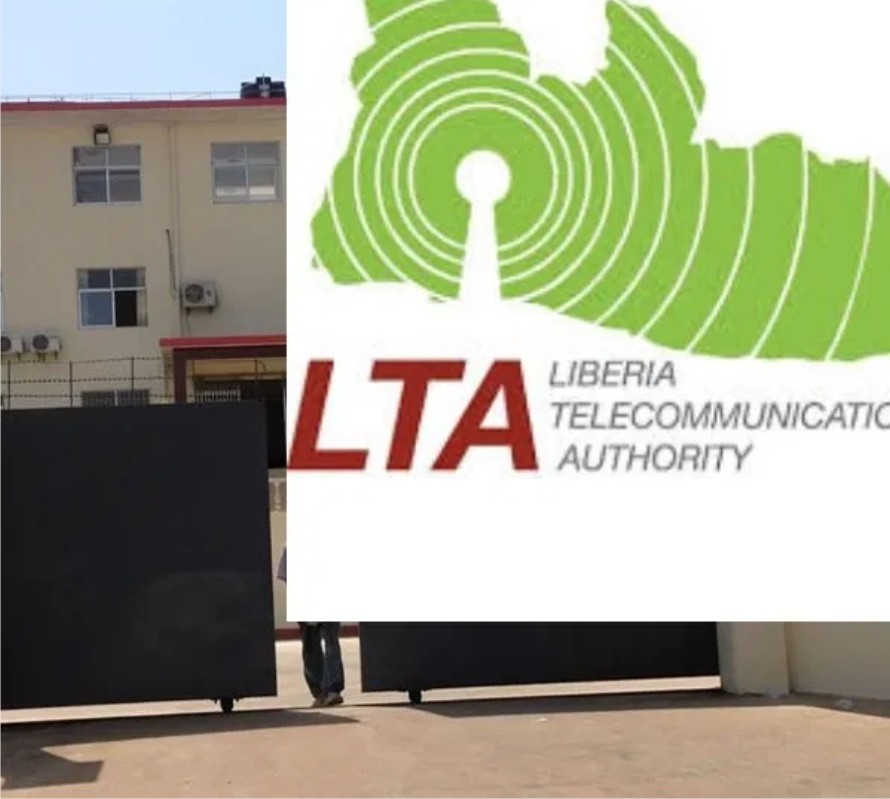Two Liberian lawmakers, Representatives Anthony Williams and Austin Taylor, have brought the issue of persistent telecommunications network failures in the southeastern region of Liberia to the attention of the House of Representatives. The unreliable network connectivity is significantly impacting the lives of citizens and businesses, disrupting daily activities, hindering economic growth, and causing widespread hardship. The House Plenary has summoned the Liberia Telecommunications Authority (LTA), the Ministry of Post and Telecommunications (MoPT), and the two major GSM companies, Lonestar Cell MTN and Orange Liberia, to a hearing on January 28, 2025, to address this critical issue.
The lawmakers’ communication to the Plenary emphasizes the urgency of the situation, detailing how the unreliable network has disrupted businesses, impacting financial transactions, coordination, and mobile money services, which are vital to the local economy. They highlighted the dependence of southeastern residents on mobile technology for both personal and business needs, underscoring the severe consequences of the network instability. This dependence magnifies the impact of outages, as citizens are left without reliable means of communication for essential services and everyday interactions. The disruption extends beyond economic activity, affecting access to vital services like healthcare and education, further isolating these communities.
Beyond simply identifying the problem, Representatives Williams and Taylor have called for a thorough investigation into the technical causes of the network failures and demand concrete solutions. They expect the LTA and the telecommunications companies to provide detailed explanations of the technical issues and present actionable plans to resolve the challenges. This request for technical clarity highlights the need for a comprehensive understanding of the underlying infrastructure problems and the steps necessary to ensure long-term network stability in the region. The lawmakers are seeking not only immediate remedies but also sustainable solutions that prevent future occurrences.
This summoning to the House Plenary represents a critical step in addressing a long-standing problem impacting the southeastern region. The hearing will provide a platform for all stakeholders – the regulatory bodies, the service providers, and the affected communities’ representatives – to engage in a constructive dialogue aimed at finding effective solutions. It is an opportunity for the telecommunications companies to demonstrate their commitment to serving all areas of Liberia, including those facing persistent connectivity challenges.
The situation in southeastern Liberia highlights a larger national concern about the quality and equity of telecommunications services, particularly in rural and underserved areas. The LTA, as the regulatory body, faces increasing pressure to ensure that operators meet their obligations and provide reliable services to all citizens, regardless of their location. This hearing serves as a crucial test of the LTA’s effectiveness in holding operators accountable and promoting universal access to reliable communications. The outcome of this hearing holds significant implications for the future of telecommunications services in Liberia.
The focus on technical clarity and concrete solutions underscores the need for a more proactive approach to addressing telecommunications challenges in the country. This includes investing in infrastructure upgrades, implementing more robust monitoring mechanisms, and ensuring effective communication between service providers and the communities they serve. The hearing is not just about addressing the immediate network issues in the southeast but also about establishing a framework for sustainable and equitable telecommunications development across Liberia, paving the way for improved services and increased connectivity for all citizens. This incident emphasizes the vital role of reliable telecommunications in modern society and the need for effective regulatory oversight to protect the interests of consumers and ensure access to essential communication services.














